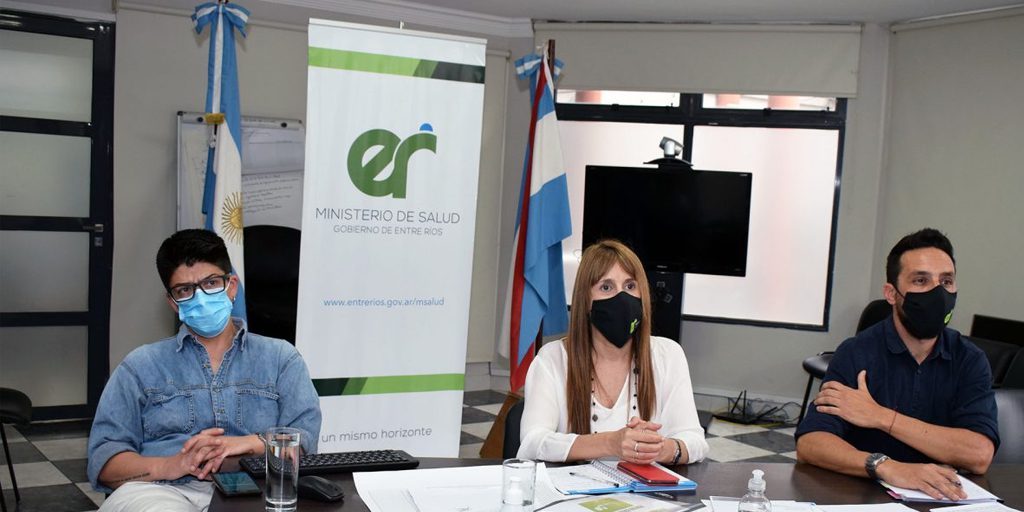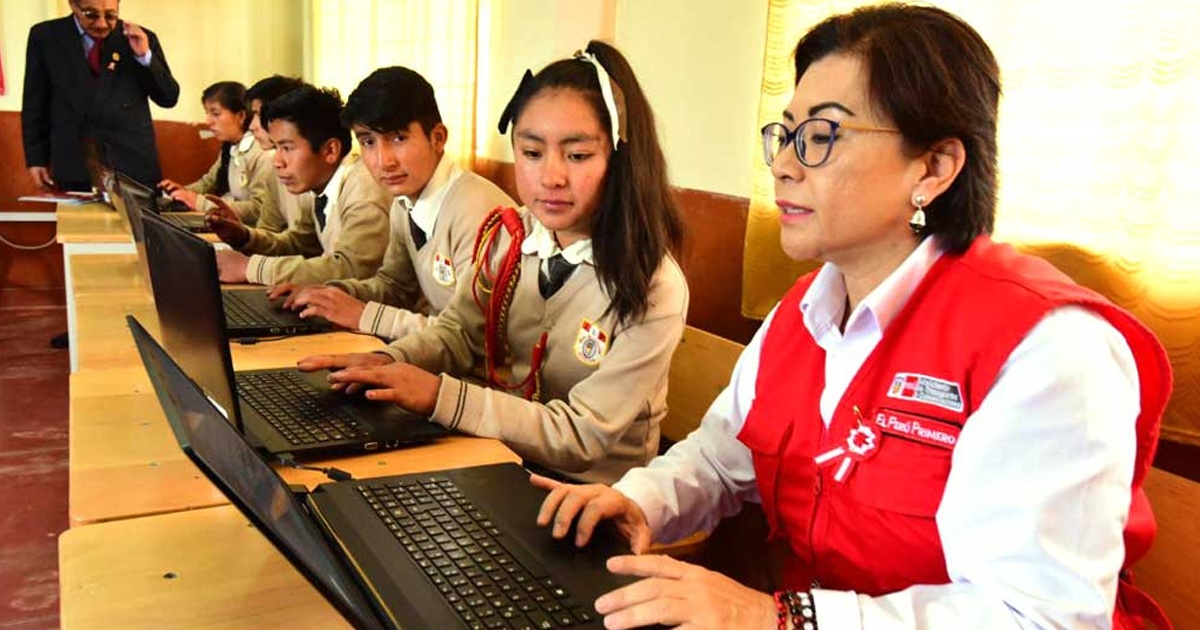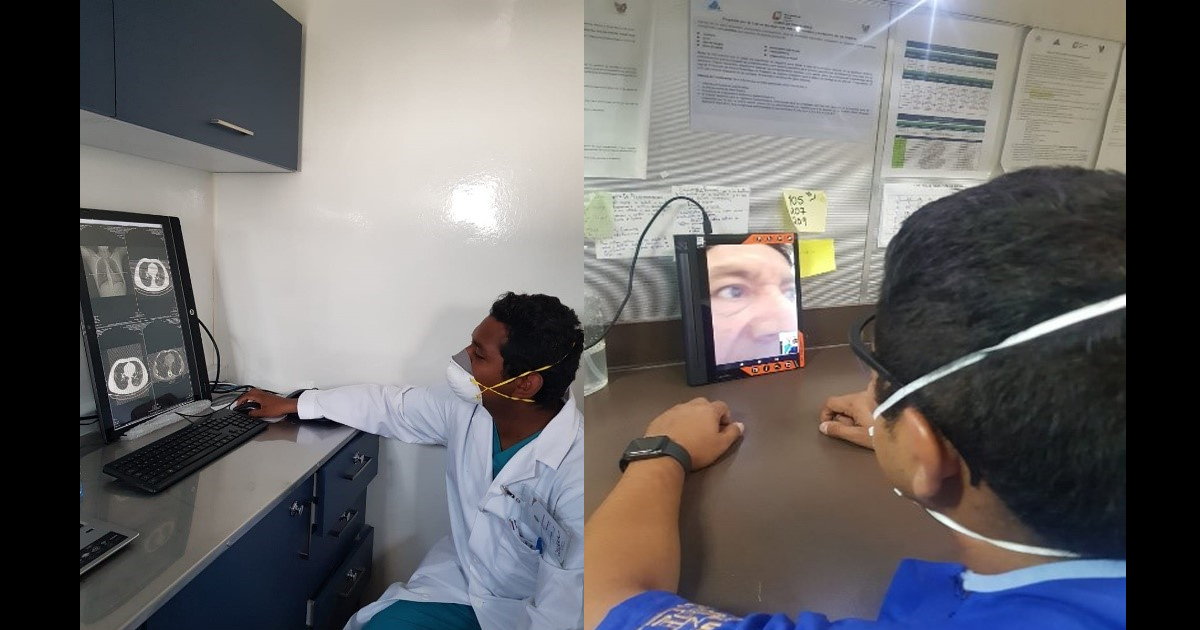In just 24 hours, 90 participants divided into 30 teams from 5 different cities, showed their skills in various areas of Digital Health in projects aimed at preventing cardiovascular diseases.
Almost a hundred young entrepreneurs from the cities of Lima, Arequipa, Chiclayo, Huaraz and Huancayo, attended the fourth edition of the University Hackathon, organized by the Center for Innovation and Entrepreneurship Development of the Pontifical Catholic University of Peru. The objective was to create a project under one of the assigned categories: "Digital Health" and “Big Data & Analytics”.
Participants had the opportunity to be guided by industry experts, as they had the support of 25 mentors from sponsors of the technology branch, such as Amazon Web Services, Everis and Get On Board.
Among the coaches were programmers, designers and specialists in Design Thinking.
To find the three winners of the day, the jury, made up of experts from the area of insurance and technology, took into account the social impact of the projects:
- How will the life of the beneficiaries improve?
- How many people will benefit and to what extent?
- What is the contribution you would generate for the community?
- What are the investigations that support the project?
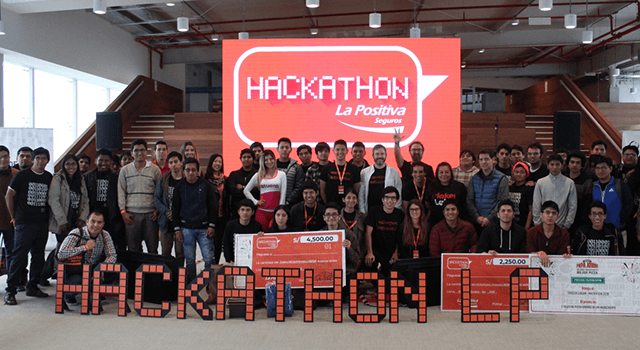
And not only this, but the candidates had to demonstrate that their projects had a high degree of scalability, the potential to serve as models for other initiatives and, undoubtedly, to be a viable project that is based on technology and innovation.
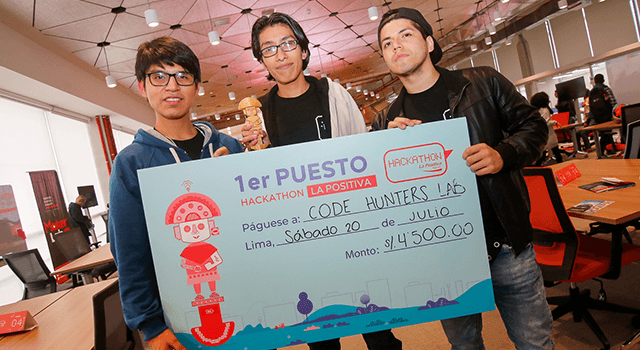
After a massive day, the winners of the fourth edition of the University Hackathon were the members of the CodeHunters Lab team, with its application StethoscopeAPP. The team, made up of Jorge Quispe, Javier Blanco and Luis Baltazar, developed a 100% tool focused on preventing cardiovascular problems through signal processing and the use of artificial intelligence. In this way users can be alerted of possible risks of heart attacks and arrhythmias, among others, through their cell phone.
The second place was awarded to the Qhipa Pacha app, developed by Jorge Vicuña, Maricielo Durán and Juan Luis Garate. This new application facilitates the collection of information for doctors because, just by taking a picture of the patient in question, specialists can access their medical history and then store it in the cloud and thus streamline processes in the future.
The winning team received 4,500 Peruvian soles to continue developing its project, as well as 1,500 dollars in credit for Amazon Web Services and 800 dollars in credit thanks to Everis, among other awards. The benefits don’t end there, because they will also enjoy support and advice from the LAB + team, the Innovation Laboratory of La Positiva Seguros, to turn their ideas into realities and fulfill a startup based on their innovative notions of use of technological resources.


